High Immunoglobulin G Autoimmune Disease
High immunoglobulin g autoimmune disease. Autoimmune diseases in hyper-IGM syndromes. IVIg is usually administered at a dose of 2 g per kg body weight distributed over 2-5 days every 4 weeks. The immunomodulatory potential and low incidence of severe side effects of high-dose intravenous immunoglobulin IVIg treatment led to its successful application in a variety of dermatological autoimmune diseases over the last two decades.
Immunoglobulin has been used for therapy in a number of autoimmune disorders although efficacy in this area varies. Antigen neutralization complement activation and. If your immunoglobulin level is high.
On the other hand elevated levels of serum immunoglobulin G IgG are the best diagnostic marker for autoimmune hepatitis AIH. A new study from Harvard University shows that elevated levels of immunoglobulin G IGg a condition known as hypergammaglobulinemia can. However some healthy individuals also have autoantibodies while a portion of patients with autoimmune diseases.
Of all patients with autoimmune disorders only 23 634 had elevated levels of IgG4 and all had normal levels of IgG suggesting that the IgG subclasses were preferentially produced through. Common features include IgG4-related autoimmune pancreatitis swelling of or within an organ system an inflammatory pseudotumor salivary gland disease which can lead to enlargement of the salivary glands swollen lymph nodes lymphadenopathy skin manifestations and symptoms consistent with allergies or asthma. Common symptoms include low grade fever and feeling tired.
An autoimmune disease is a condition arising from an abnormal immune response to a functioning body part. IgG is involved in multiple humoral immune processes. Elevated IGg a predictor of autoimmune disease development.
Previous studies show that the presence of autoantibodies particularly SSa can predict the development of Sjogrens Syndrome by as many as 18 years. A marked initial increase of the. Human immunoglobulin G IgG especially autoantibodies has major implications for the diagnosis and management of a wide range of autoimmune diseases.
High-dose intravenous immunoglobulin is being used increasingly as a new therapeutic approach towards various autoimmune diseases yielding encouraging results predominantly in idiopathic thrombocytopenic purpura ITP. Thus the ability to distinguish AIH patients from patients with other liver disease especially patients with advanced liver cirrhosis is important since most AIH.
IgG is the most.
If your immunoglobulin level is high. On the other hand elevated levels of serum immunoglobulin G IgG are the best diagnostic marker for autoimmune hepatitis AIH. Of all patients with autoimmune disorders only 23 634 had elevated levels of IgG4 and all had normal levels of IgG suggesting that the IgG subclasses were preferentially produced through. Glycans are an integral part of the immunoglobulin G molecule Immunoglobulin G IgG is the most abundant antibody in our body. An autoimmune disease is a condition arising from an abnormal immune response to a functioning body part. Immunoglobulin has been used for therapy in a number of autoimmune disorders although efficacy in this area varies. It is secreted by plasma cells and its serum concentration ranges from 7 to 18mgmL in healthy adults 1. Autoimmune diseases in hyper-IGM syndromes. IgG is involved in multiple humoral immune processes.
IgG is involved in multiple humoral immune processes. Patients with HIGM types 1 2 3 and 6 are prone to developing autoimmune disease which is more prevalent among patients with HIGM due to intrinsic B cell deficiencies. Common features include IgG4-related autoimmune pancreatitis swelling of or within an organ system an inflammatory pseudotumor salivary gland disease which can lead to enlargement of the salivary glands swollen lymph nodes lymphadenopathy skin manifestations and symptoms consistent with allergies or asthma. IgG is the most. Previous studies show that the presence of autoantibodies particularly SSa can predict the development of Sjogrens Syndrome by as many as 18 years. An autoimmune disease is a condition arising from an abnormal immune response to a functioning body part. IgG is involved in multiple humoral immune processes.

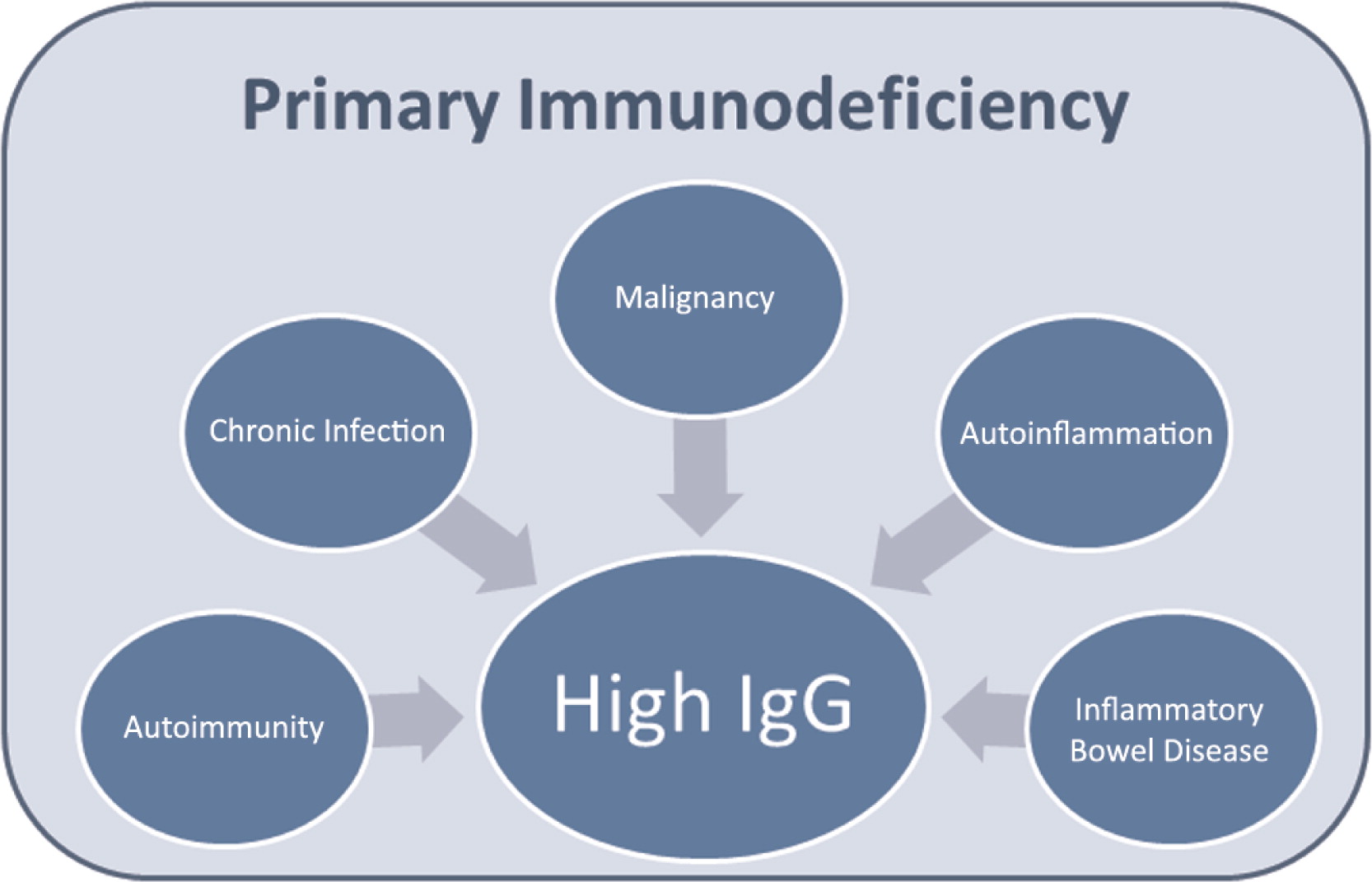
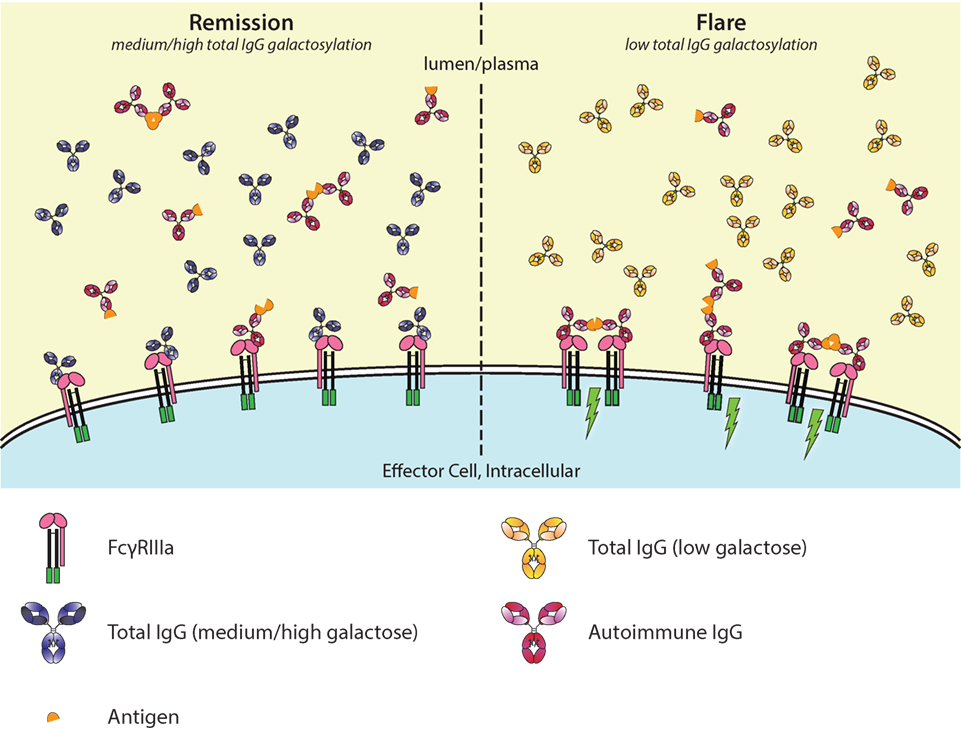
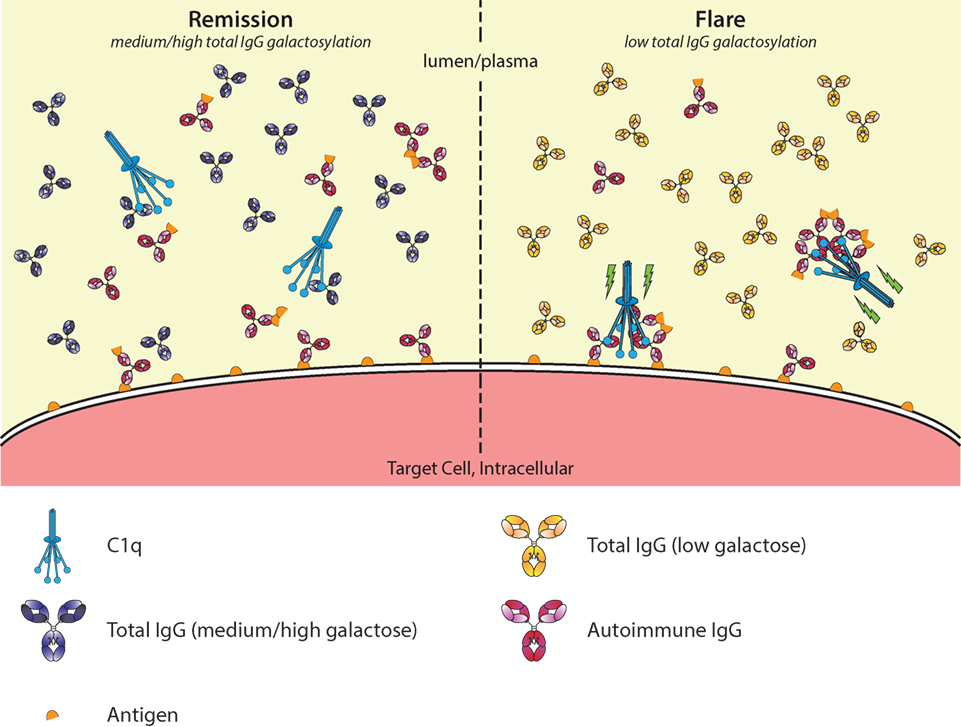

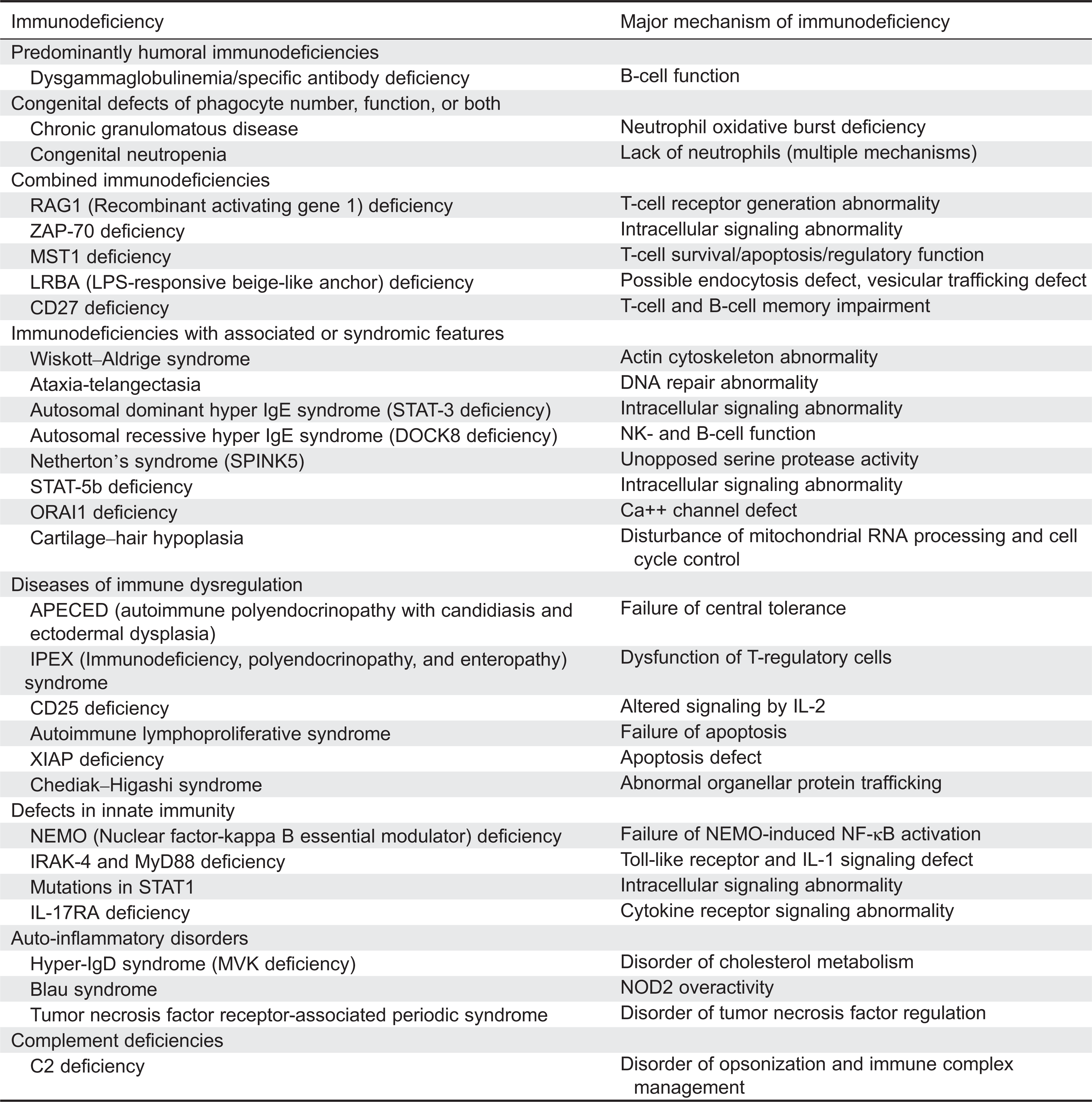



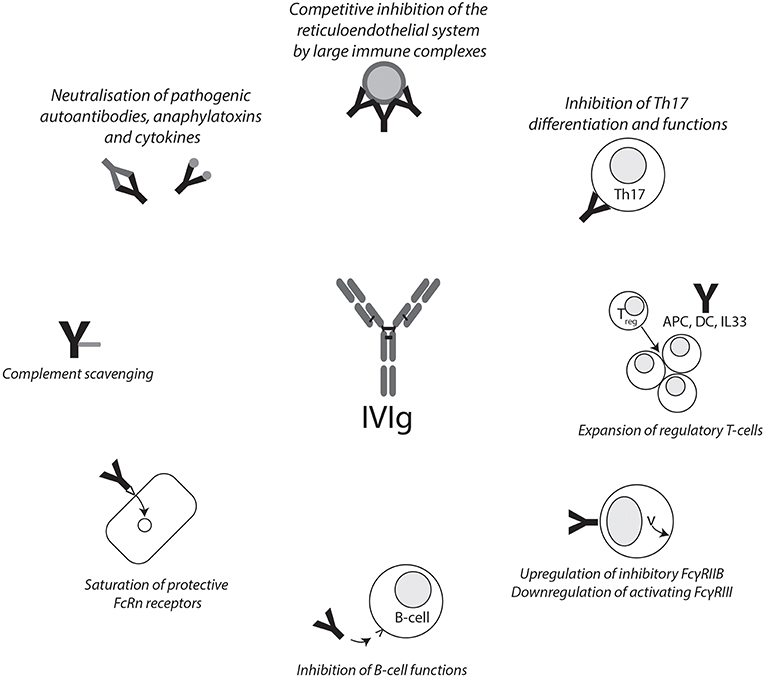








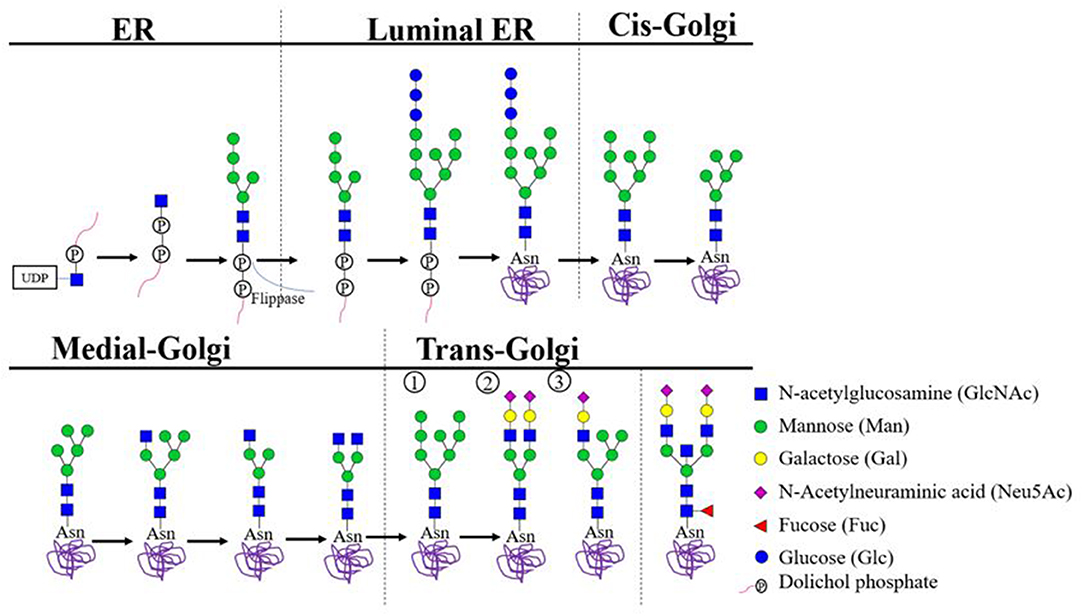

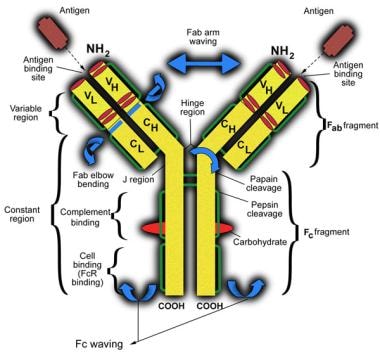

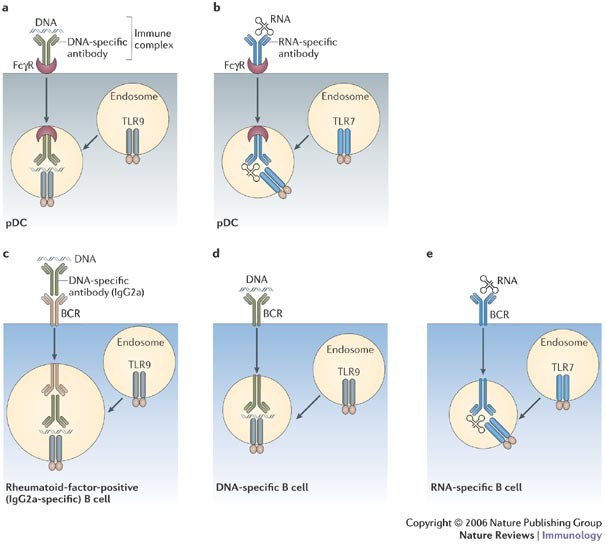

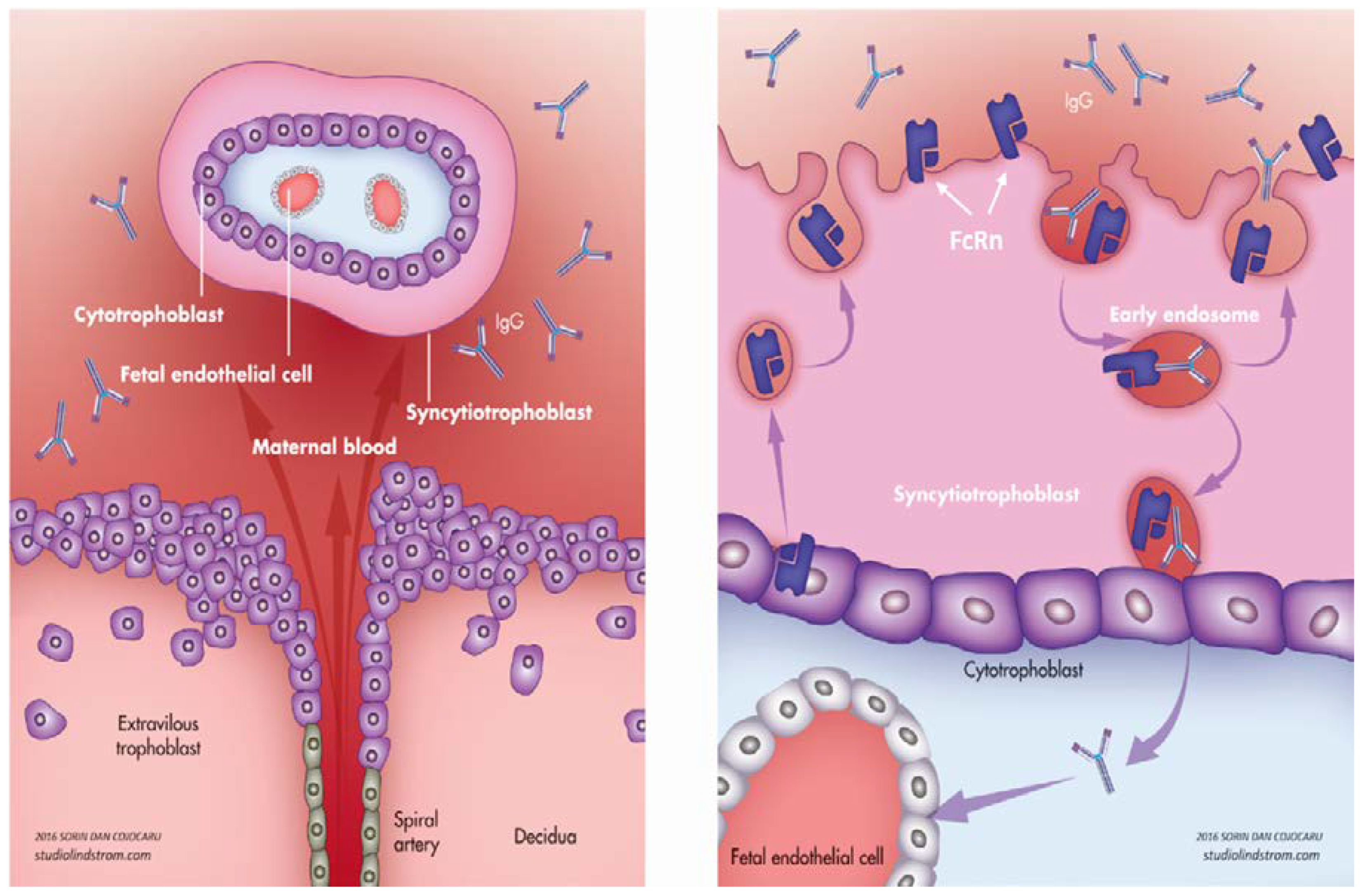







/3232655_color1-5c2cf2f74cedfd000155f1b0.png)

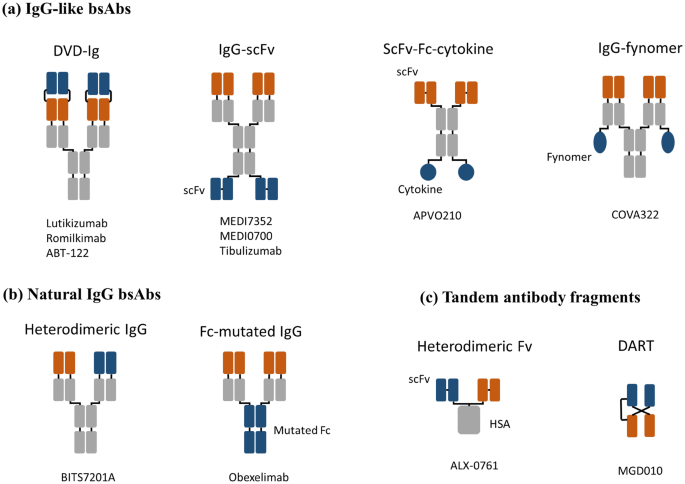



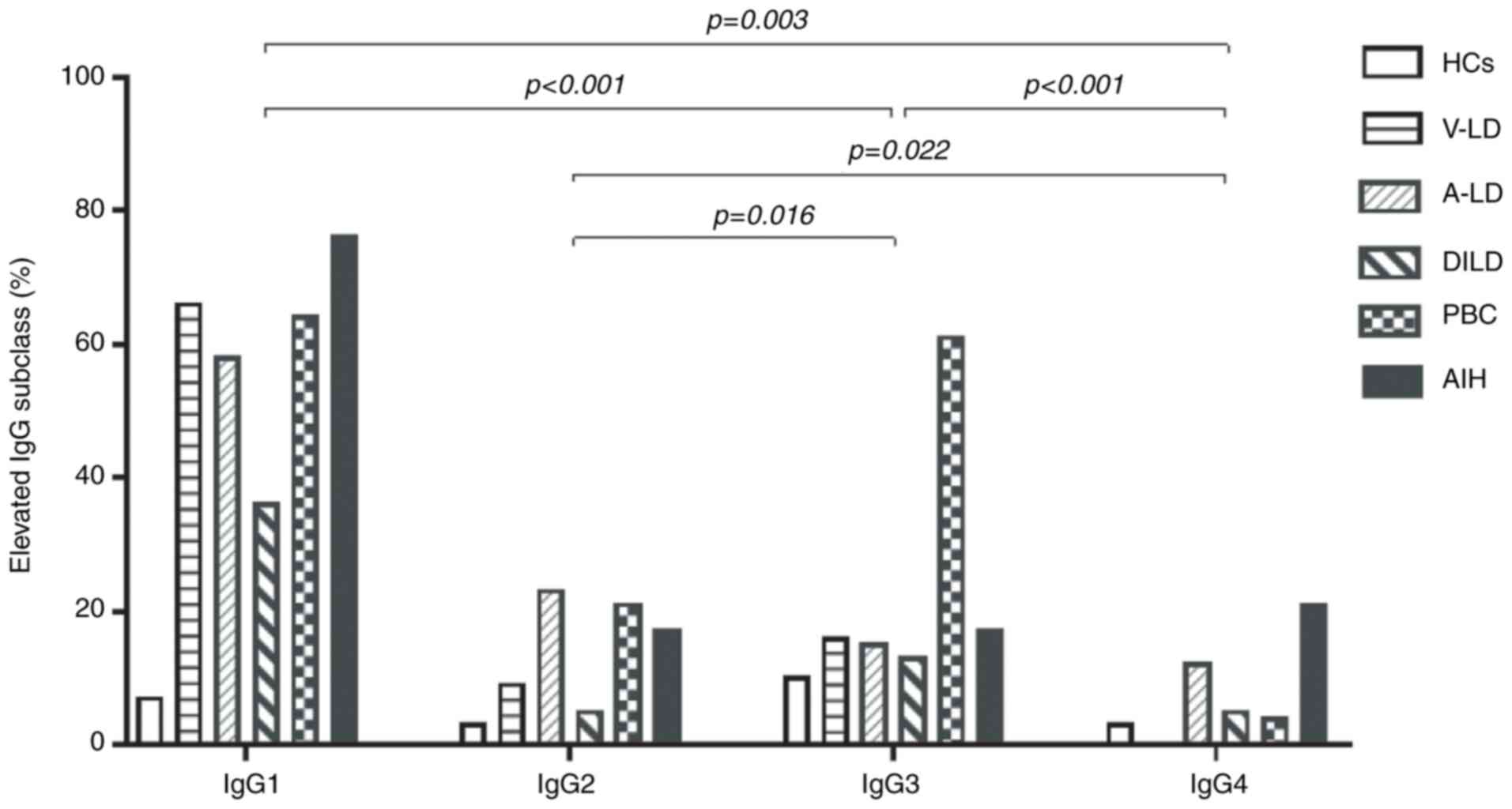

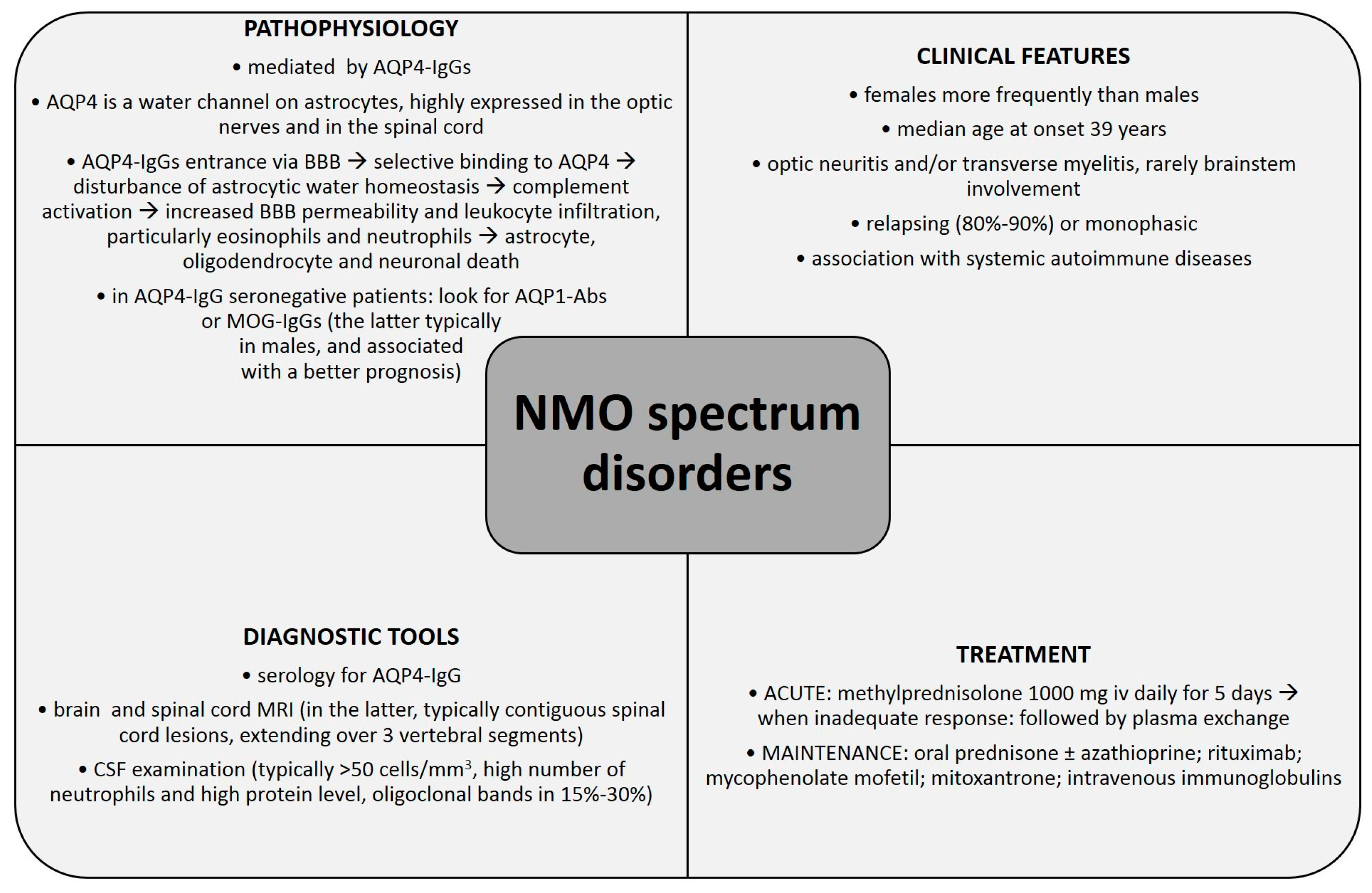

Posting Komentar untuk "High Immunoglobulin G Autoimmune Disease"